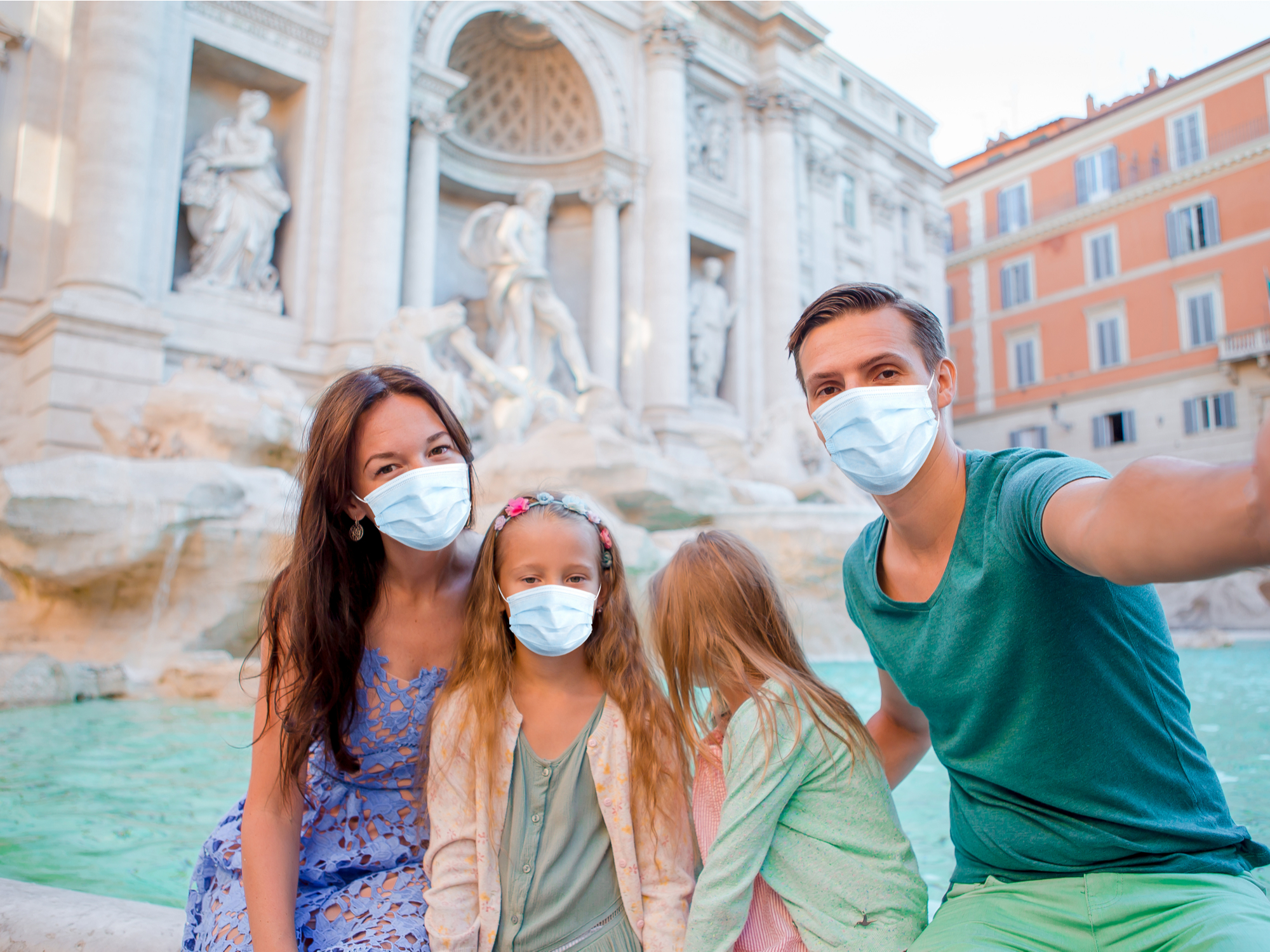Expedia launches inaugural quarterly trend report for travel recovery

Expedia Group Media Solutions, the global digital advertising organisation of Expedia Group, today released its first-ever quarterly trend report. The new Travel Recovery Trend Report features Expedia Group first-party data and custom research largely from Q1 2021 for actionable insights to help ensure travel brands are best prepared to reconnect and reengage with travellers as spring and summer travel ramps up.
“Traveller behaviours and preferences have evolved significantly over the past year, meaning travel brands can no longer rely on historical marketing strategies to inform their recovery plans,” said Wendy Olson Killion, senior vice president in media solutions at Expedia. “We know people are eager to start travelling again, but how they engage with travel brands, and what they expect, has changed. This report spotlights the latest data and trends to help travel brands develop strategies, messaging and content that aligns with what travellers want – and need – to book their next trip.”
Key findings from the Travel Recovery Trend Report include:
Global vaccine rollouts spur the return of travel
After a turbulent year for the travel industry in 2020, the start of 2021 saw travel turn a corner with monthly search volumes showing strong growth throughout Q1. The increase in searches and traveller demand is linked with growing momentum for the rollout of COVID-19 vaccines and travel guidelines.
With one of the world’s leading vaccine rollouts, search trends in the U.S. illustrate the correlation between major vaccine announcements and week-on-week search growth. In week-over-week searches, the week of March 15 saw the largest spike in searches – an increase of 30% – following the Center for Disease Control’s (CDC) release of guidelines for fully vaccinated individuals. The CDC news made 43% of Americans feel more comfortable travelling — or drove them to book an upcoming trip.
Global search windows remain short
Continuing a trend seen throughout much of last year, the majority of global Q1 2021 searches fell within the 0 to 21 days search window, as uncertainty around global travel saw travellers opt for more opportunistic, short-term trips, often close to home. While this trend seems to be strengthening for domestic trips, longer search windows for international trips are beginning to emerge.
This trend is particularly pronounced in the EMEA region, where searches 91 days out or longer represented almost 40% of international searches made in Q1 2021, up from around 25% in Q4 2020. This is good news for ‘bucket-list’ or once-in-a-lifetime type destinations or attractions looking to attract long-haul travellers.
Domestic travel here for the foreseeable future
Even with COVID-19 vaccine distribution ramping up, many travellers continue to prioritise domestic over international travel, and are taking trips closer to home. In Q1 2021, beach and city destinations made up the top 10 booked destinations around the world. At a regional level, the top 10 booked destinations also reflect beach and city destinations, though within the same region.
As travellers look ahead to late spring and summer trips, car travel will continue to eclipse air travel and other transportation methods. Recent custom research found that for both domestic and international travel to a neighbouring country during April to September 2021, travellers consider driving their own car or a rental car safer than other modes of transportation.
Making up for lost time with longer trips
Many travellers are making up for lost time this year by taking longer trips, planning to fully use vacation days and continuing to work remotely while travelling with “flexcations” – longer stays that include work and play. Those longer trips are benefiting destinations and accommodations providers. Quarter-over-quarter, in Q1 2021, vacation rental demand increased and the global average length of stay for vacation rentals jumped 30%.
Data from Vrbo shows vacation rental travellers are 75% more likely to book more stays of at least 7 nights at vacation homes this summer, exceeding pre-pandemic levels2, and illustrating the opportunities for travel marketers to promote and encourage longer stays.
Health and hygiene expectations continue to evolve
Since the start of the pandemic, health- and hygiene-related factors have grown in importance for travellers. However, as consumer confidence continues to grow, there are signs that more traditional decision-making drivers, such as cost, financial peace of mind and convenience, are beginning to reassert themselves.
When comparing the top 5 topics searched for when booking flights from the last 12 months against the top 5 from Q1 2021, health- and hygiene-focused considerations dropped from the list. Topics such as such as overall safety, cleanliness and crowding were replaced with cost, the ability to change flights and navigation, among others.


Comments are closed.